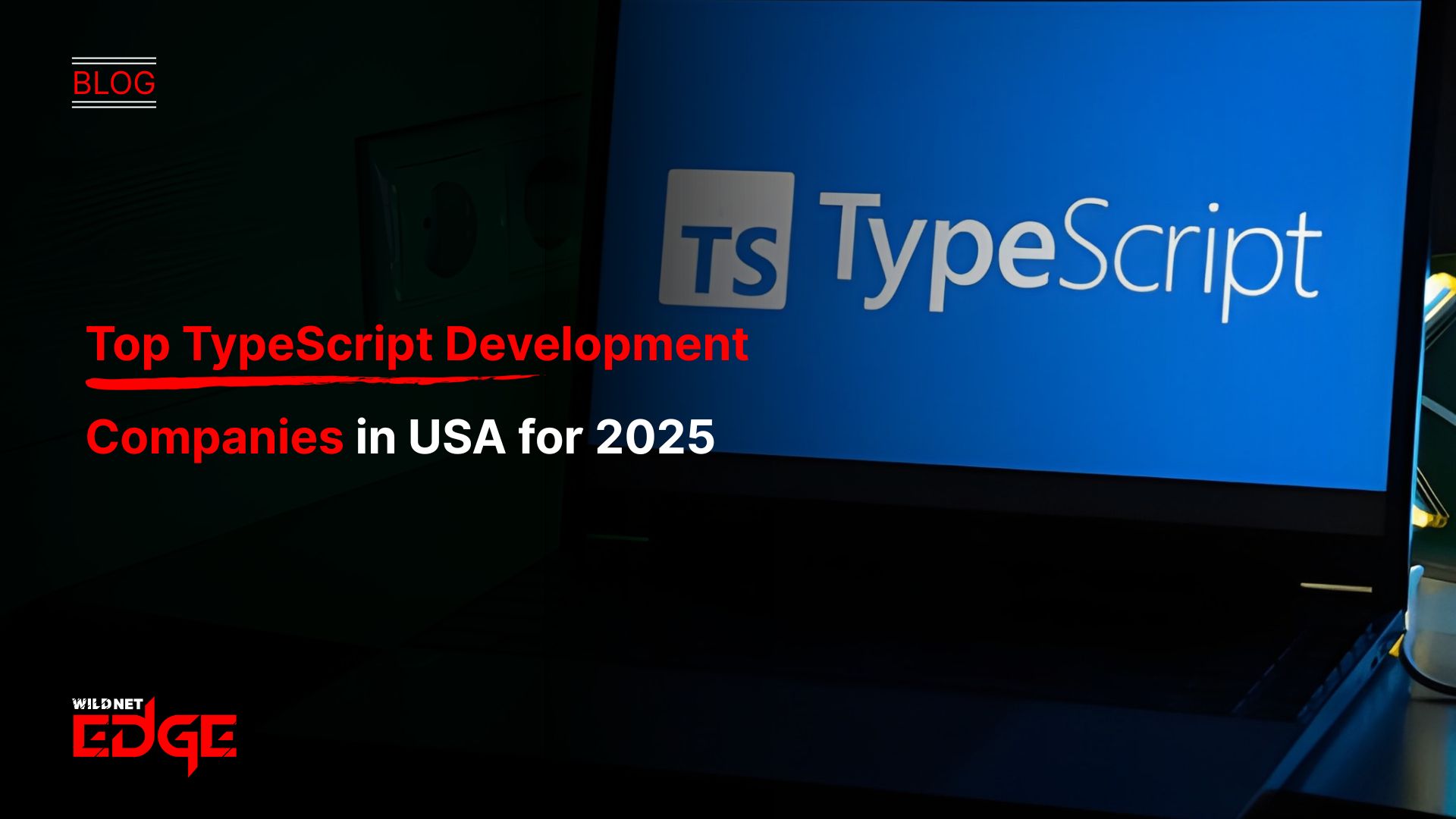Summary: In 2026, cloud-based POS software is revolutionizing retail by offering speed, scalability, and seamless customer experiences. This article explores how cloud POS systems empower retailers with real-time data access, centralized inventory management, and CRM integration.
Retail in 2026 is driven by speed, personalization, and seamless experiences. Point of Sale (POS) software, especially cloud-based POS solutions, has become the backbone of modern retail operations. This blog explores how cloud POS software transforms retail, the types of software development involved, the benefits, comparisons, and real-world case studies.
The Rise of Cloud POS Software in 2026
Retailers today face dynamic challenges, from managing inventory across multiple locations to offering omnichannel experiences. In 2026, cloud POS software will not just be a tool but a strategic asset. It enables real-time data access, remote management, and scalability, making it ideal for small and large shops.
Types of Software Development in POS Systems
POS software development spans several categories:
- Custom Software Development: Designed for unique retail needs, allowing for specialized workflows and integrations.
- Off-the-Shelf Solutions: Pre-built POS systems such as Shopify POS or Lightspeed Retail POS.
- Cloud-Based Development: It runs on remote servers that you can access from anywhere, which is good for multi-site retailers.
- Mobile App Development: Allowing mobile POS functionality on tablets and smartphones.
- API Integration Development: Connecting POS to CRMs, ERPs, and eCommerce platforms.
Popular Technologies & Tools
Modern POS systems leverage:
- Cloud Infrastructure: AWS, Azure, and Google Cloud for hosting.
- Database Management: MySQL and MongoDB are used to store transactions and inventory.
- Frontend Frameworks: React, Angular for user interfaces.
- Backend Technologies: Node.js, Python, and Java for server-side logic.
Benefits of Cloud POS Software
- Real-Time Access: Monitor sales, stock, and customer details across any device
- Scale: Seamlessly on-board new stores or users with no changes to infrastructure.
- Cost-Effective: No expensive hardware or local server required.
- Automatic Updates: Stay current with the latest features and security patches.
- Data Security: Secure transactions & encrypted backups.
Why Businesses Need POS Software in 2026
- Omnichannel Retail: Align brick-and-mortar and online purchases.
- Inventory Management: Avoid stock outages and prevent overstocking.
- Consumer Behavior: Monitor purchasing habits and develop customized deals.
- Speed & Accuracy: Eliminate human errors and reduce customer wait times at checkout.
- Compliance & Reporting: Facilitate tax calculations and create reports.
CTA:
Comparison: Cloud POS vs Traditional POS
| Feature | Cloud POS Software | Traditional POS Software |
| Accessibility | Remote access from any device | Limited to local systems |
| Scalability | Easily scalable across locations | Requires manual setup |
| Cost | Subscription-based, lower upfront cost | High initial investment |
| Updates | Automatic and frequent | Manual and less frequent |
| Data Backup | Cloud-based, secure | Risk of data loss without manual backup |
Both systems offer robust transaction processing, but cloud POS excels in flexibility and future-readiness.
Revamping Retail Operations with Cloud POS Solutions
Fashion Boutique Chain: Streamlining Inventory Across Multiple Locations
- Challenge: The retail chain was having difficulty managing its inventory across the five stores, which caused ongoing stock inaccuracies and longer checkout lines for customers.
- Solution: The vendor implemented a cloud retail POS system with a centralized inventory management system for full visibility on stock across all locations.
- Result:
- Stock discrepancies dropped by 40%
- Checkout times improved significantly
- Customers enjoyed a smoother shopping experience
This case highlights how centralized inventory control can reduce operational friction and elevate customer service in multi-location retail setups.
Organic Grocery Store: Enhancing Customer Loyalty with CRM Integration
- Challenge: The store relied on manual billing and lacked effective tools to track customer data, making it hard to build loyalty or analyze buying patterns.
- Solution: They adopted a cloud-based POS system integrated with Customer Relationship Management (CRM) features.
- Result:
- Repeat customer visits increased by 25%
- Billing and reporting became faster and more accurate
- Staff could personalize service based on customer history
Conclusion
You’ll need Cloud POS software in 2026 -Make Retail Matter: Everything from Customer Experience to efficient operations helps retailers perform in a crowded marketplace. Whether you’re moving from a legacy POS or starting from scratch, cloud-based retail POS software provides the agility and intelligence your business needs. WildnetEdge is great at developing tailored POS solutions that blend effortlessly with your business needs. Whether you are expanding across locations or driving customer loyalty, our professionals help you make even the most complex transformation a seamless one.
FAQs
Q1: What is cloud POS software?
Cloud POS software simply refers to a point of sale system that stores its data on remote servers, which can be accessible via the internet and not directly connected to a local computer.
Q2: Is cloud POS secure?
Yes, cloud POS systems are generally secure, often more so than traditional systems, because they use robust measures like encryption, regular backups, and secure access controls.
Q3: Can I use cloud POS for multiple stores?
Yes you can have single cloud POS for multiple stores, it is meant to manage inventory, sale and reports from one platform across all the locations.
Q4: Does cloud POS work offline?
That’s right, many cloud POS systems can operate offline by saving transactions on the device and uploading them to the cloud when an internet connection is available.
Q5: What’s the cost of cloud POS software?
There is a wide variability in subscription models, with prices generally beginning at ₹1,000/month.
Q6: Is it possible to integrate cloud POS with my website?
You can combine a cloud POS system with your website in various ways: through native integrations, third-party apps, or a custom API connection that connects inventory, sales data, and customer data between the two systems.

Nitin Agarwal is a veteran in custom software development. He is fascinated by how software can turn ideas into real-world solutions. With extensive experience designing scalable and efficient systems, he focuses on creating software that delivers tangible results. Nitin enjoys exploring emerging technologies, taking on challenging projects, and mentoring teams to bring ideas to life. He believes that good software is not just about code; it’s about understanding problems and creating value for users. For him, great software combines thoughtful design, clever engineering, and a clear understanding of the problems it’s meant to solve.
 sales@wildnetedge.com
sales@wildnetedge.com +1 (212) 901 8616
+1 (212) 901 8616 +1 (437) 225-7733
+1 (437) 225-7733















 ChatGPT Development & Enablement
ChatGPT Development & Enablement Hire AI & ChatGPT Experts
Hire AI & ChatGPT Experts ChatGPT Apps by Industry
ChatGPT Apps by Industry ChatGPT Blog
ChatGPT Blog ChatGPT Case study
ChatGPT Case study AI Development Services
AI Development Services Industry AI Solutions
Industry AI Solutions AI Consulting & Research
AI Consulting & Research Automation & Intelligence
Automation & Intelligence















